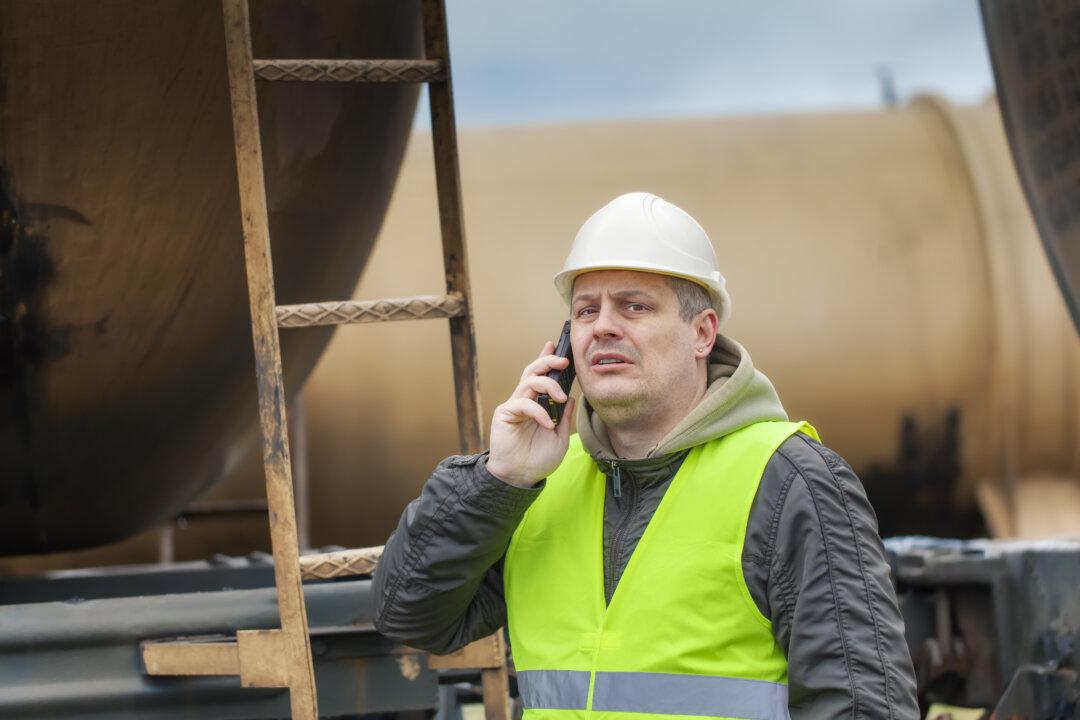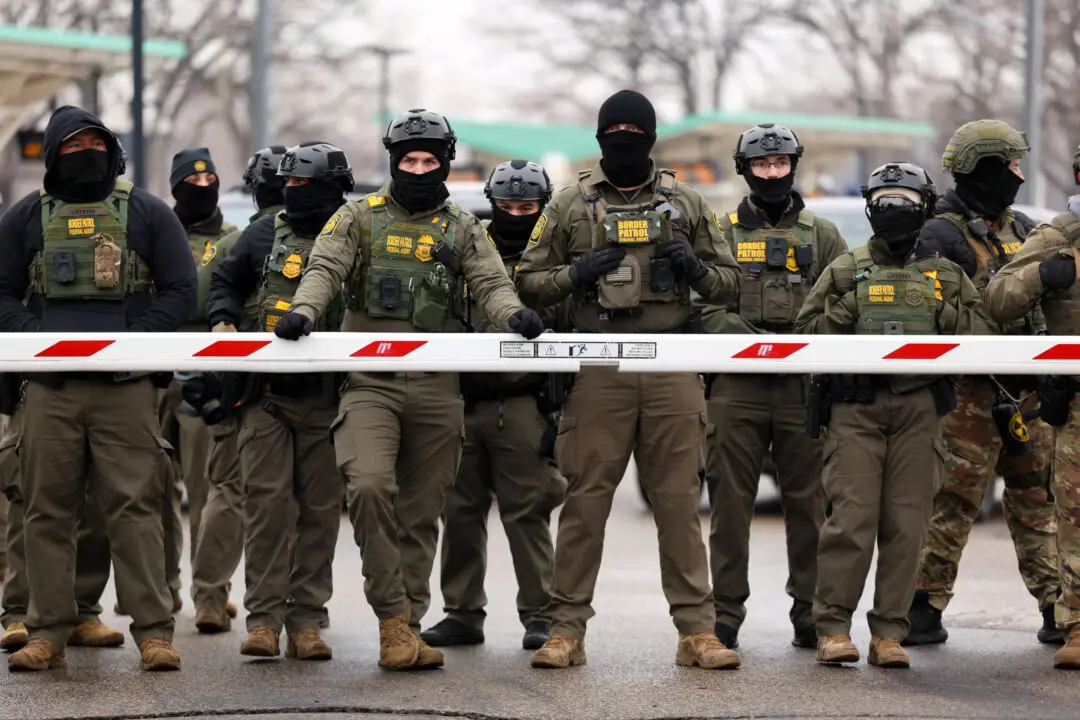The oil and gas boom in the United States is good for the goal of energy independence, but is the transport of light sweet crude oil by rail through local cities and towns worth the risk?
“U.S. Rail used to be a major form of passenger transportation and all of these rail lines go through not only big cities but small towns all along their path. And so if something does happen, the probability of it causing a loss of human life is much greater than a pipeline,” said James L. Williams, an energy economist with WTRG in Arkansas.
According to federal government data, since 2007, the quantity of light crude shipped across North America by rail primarily from the Bakken formation in North Dakota has spiked significantly, increasing from approximately 132,000 barrels per day to 1.3 million barrels per day this year—and growing.





